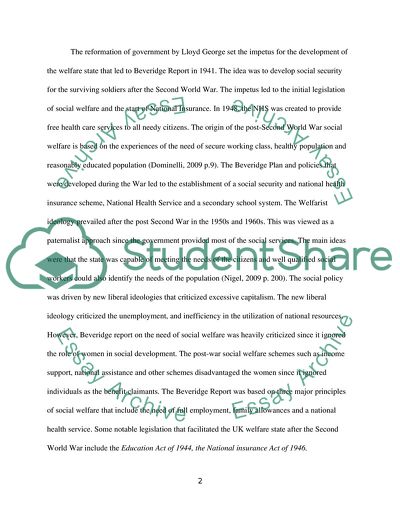Cite this document
(The Social and Economic Welfare of the Disadvantaged Citizens Research Paper, n.d.)
The Social and Economic Welfare of the Disadvantaged Citizens Research Paper. Retrieved from https://studentshare.org/law/1792152-the-social-and-economic-welfare-of-the-disadvantaged-citizens
The Social and Economic Welfare of the Disadvantaged Citizens Research Paper. Retrieved from https://studentshare.org/law/1792152-the-social-and-economic-welfare-of-the-disadvantaged-citizens
(The Social and Economic Welfare of the Disadvantaged Citizens Research Paper)
The Social and Economic Welfare of the Disadvantaged Citizens Research Paper. https://studentshare.org/law/1792152-the-social-and-economic-welfare-of-the-disadvantaged-citizens.
The Social and Economic Welfare of the Disadvantaged Citizens Research Paper. https://studentshare.org/law/1792152-the-social-and-economic-welfare-of-the-disadvantaged-citizens.
“The Social and Economic Welfare of the Disadvantaged Citizens Research Paper”, n.d. https://studentshare.org/law/1792152-the-social-and-economic-welfare-of-the-disadvantaged-citizens.


